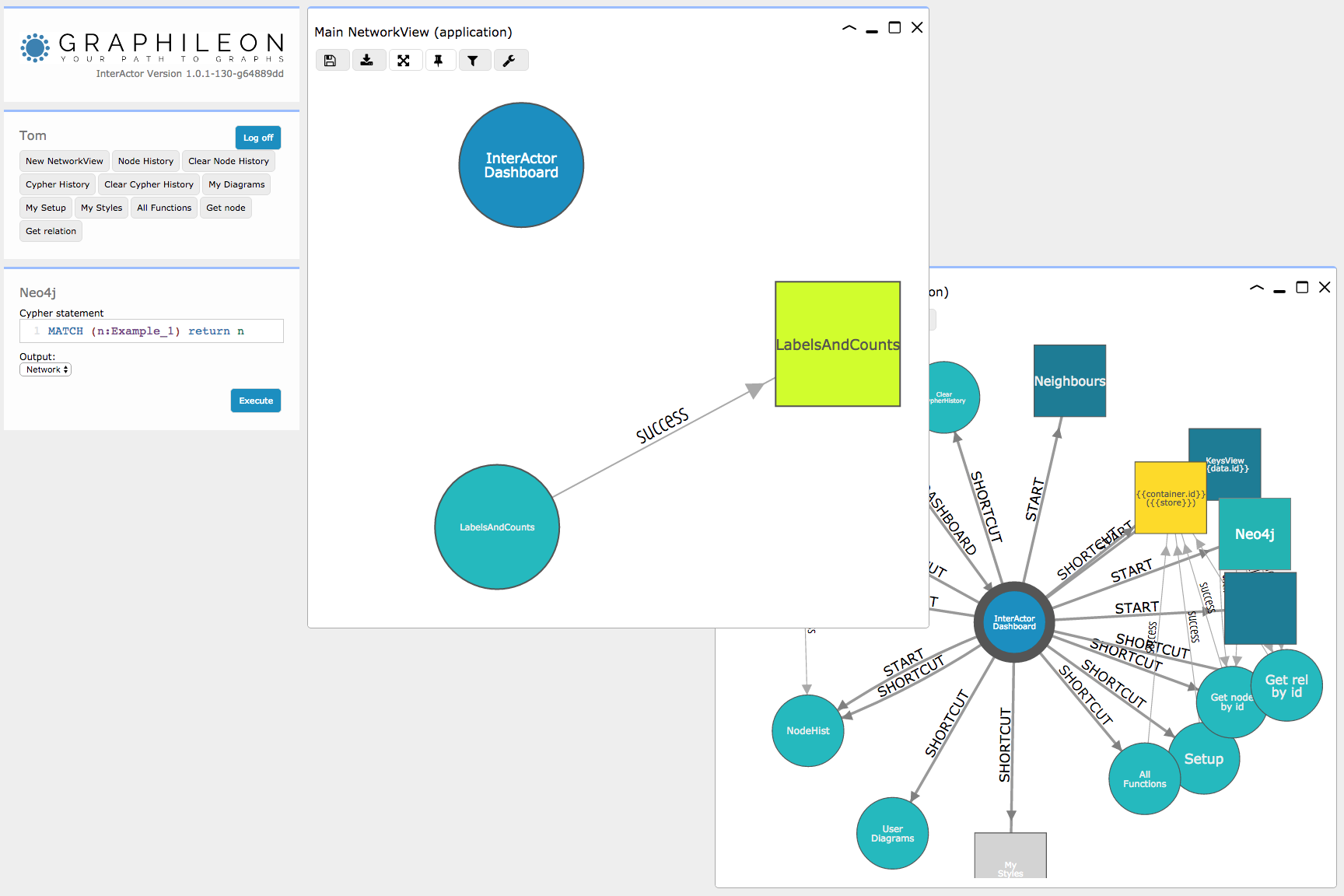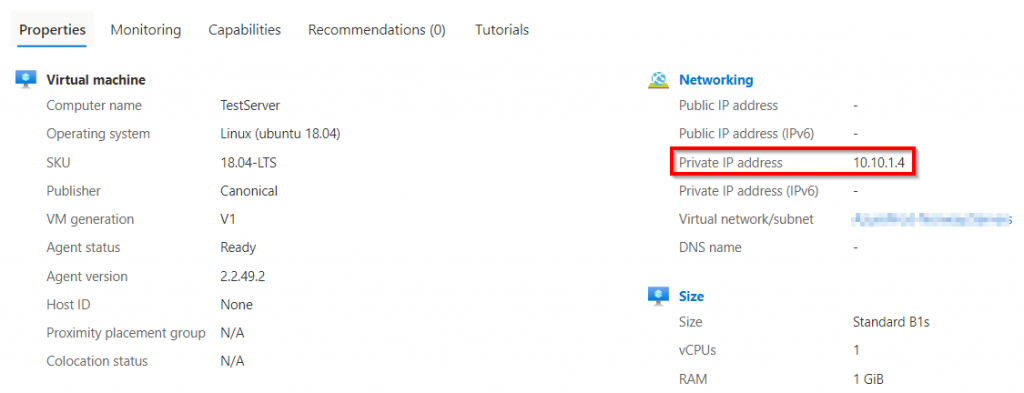
And after a broad crackdown to prevent users from accessing different countries' content catalogs, Netflix no longer works on most VPNs. There are some more practical downsides to VPN use, aside from general trust issues.
#Vpn prevent same networkview install#
Once you install your VPN, you can use the tool to check whether the service is functioning. This reduces the chance of data leakage from sensitive programs during periods of funky connection. Many also offer features like "kill switches," so that if your internet or VPN connection becomes unstable, the VPN will automatically quit pre-selected programs if they're running.

After you log in, most VPNs offer different servers you can connect through that are based in different countries. Which is certainly a bit of extra work, but I'm sure I've seen at least one app doing exactly that (zerotier).
#Vpn prevent same networkview download#
Once you've made your pick, the set-up process is fairly straightforward: You pay for access from the VPN of your choice, create an account, and then download the VPN's portal program onto your computer and mobile devices. Although now that you mention it, I guess it doesn't forever prevent such VPNs from working - it just requires the VPN app to add/strip the Ethernet header and handle ARP/NDP all by itself, instead of the OS doing it. You're simply looking for something with the best chance of working as advertised. In truth, there may be no such thing as a “best” VPN. A VPN called Private Internet Access is bare-bones, but well-reviewed, and a recent FBI case appeared to confirm its claims that it does not store any user logs. It's not impossible, but it's probably not the easy, broad solution you're looking for day to day to protect against an ISP's prying eyes.į-Secure Freedome, for instance, received plaudits from independent security researchers for its mobile product recently. But attempting to use Tor for all browsing and communication is difficult and complicated. The most obvious option is to use the Tor anonymous browser. There are more aggressive ways of hiding your browsing and more effective ways of achieving anonymity. VPNs also take your ISP out of the loop on your browsing habits, because they just see endless logs of you connecting to the VPN server. Your connection with your VPN's server is encrypted, and if you browse the wider internet through this smaller, secure network, it's difficult for anyone to eavesdrop on what you're doing from the outside. In case you're not familiar, a VPN is a private, controlled network that connects you to the internet at large. It won't fix all your privacy problems, but a VPN's a decent start. So what to do? Try a Virtual Private Network.

It's a disappointing setback for anyone who doesn't want big telecoms profiting off of their personal data. On Tuesday, the House of Representatives voted to reverse regulations that would have stopped internet service providers from selling your web-browsing data without your explicit consent.


 0 kommentar(er)
0 kommentar(er)
